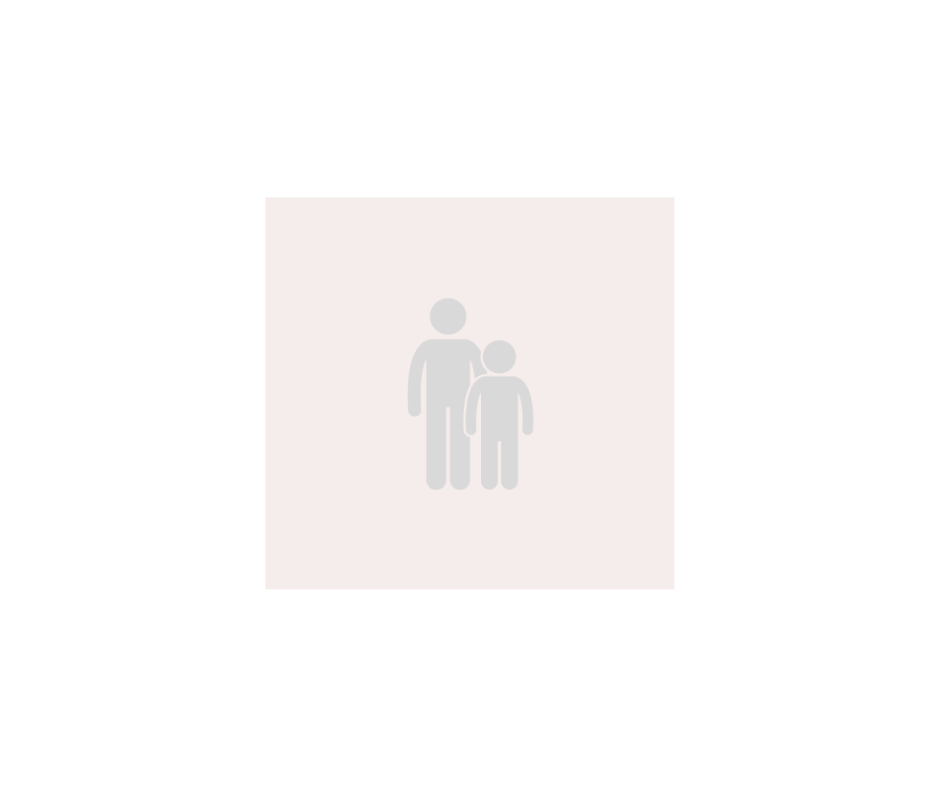Our Services
-
Balance Mental Health & Wellness offers Psychiatric Medication Management, via tele-health with a contracted Nurse Practitioner. Contact us today for more details.
-
Balance Mental Health & Wellness offers Substance Abuse Groups and Domestic Violence Groups. Group fees are $40/ session and run for approximately 1.5 hours, once a week for a minimum of 12 weeks. Sliding scale fees are available for those in need. Please get in touch with us for more information.
-
Marriage and family therapy is a form of psychotherapy that addresses the behaviors of all family members and the way these behaviors affect not only individual family members but also relationships between members and the family unit as a whole
-
Structural family therapy is a type of therapy that focuses on the interactions between family members. Looking at the family as a system, structural family therapists work to improve communication between members of the family and encourage adjustments in the rules that govern how the family functions (its structure).
The treatment’s distinctive features are the conception of the family as a structural system and the active engagement of the therapist in the process of restructuring the way the system works in order to adjust elements that cause dysfunction. This restructuring can include family boundaries, hierarchies of power, and reactions by family members to major life changes.
Structural Family Therapy allows everyone in the family to hear the viewpoint of the others and allows the therapist to observe how the family interacts in real life, in contrast with individual therapies, where the therapist hears about family dynamics recounted by a single individual.
-
Family systems therapy is a form of psychotherapy that helps individuals resolve their problems in the context of their family units, where many problems are likely to begin. Each family member works together with the others to better understand their group dynamic and how their individual actions affect each other and the family unit as a whole. One of the most important premises of family systems therapy is that what happens to one member of a family happens to everyone in the family.
-
Sandplay therapy is a nonverbal, therapeutic intervention that makes use of a sandbox, toy figures, and sometimes water, to create scenes of miniature worlds that reflect a person’s inner thoughts, struggles, and concerns. This is a form of play therapy; other methods include imaginary play with toys and puppets or bibliotherapy that uses literature to help a patient interpret stories or fiction and how such writings may relate to the patient’s own difficulties.
-
Solution-Focused Brief Therapy (SFBT) is one of the world's most widely used therapeutic treatments (De Shazer, 2007, Hsu, 2011). Unlike traditional forms of therapy that take time to analyze problems, pathology, and past life events, SFBT concentrates on finding solutions in the present and exploring one’s hope for the future in order to find a quick and pragmatic resolution of one’s problems. This method takes the approach that you know what you need to do to improve your own life and, with the appropriate coaching and questioning, are capable of finding the best solutions.
-
Strength-based therapy is a type of positive psychotherapy and counseling that focuses on your internal strengths and resourcefulness, rather than on your weaknesses, failures, and shortcomings. The tenet is that this focus sets up a positive mindset that helps you build on your best qualities, find your strengths, improve resilience, and change your worldview to one that is more positive.
-
Eye Movement Desensitization and Reprocessing (EMDR) is an integrative psychotherapy approach that has been extensively researched and proven effective for the treatment of trauma. EMDR therapy is a set of standardized protocols that incorporates elements from many different treatment approaches. To learn more, visit www.emdria.org.
EMDR therapy has been declared an effective form of trauma treatment by a wide range of organizations. In the United States, these include the American Psychiatric Association, the International Society for Traumatic Stress Studies, the Departments of Defense and Veterans Affairs and the World Health Organization.
-
Cognitive behavioral therapy (CBT) is a short-term form of psychotherapy based on the idea that the way someone thinks and feels affects the way he or she behaves. CBT aims to help clients resolve present-day challenges like depression or anxiety, relationship problems, anger issues, stress, or other common concerns that negatively affect mental health and quality of life. The goal of treatment is to help clients identify, challenge, and change maladaptive thought patterns in order to change their responses to difficult situations.
-
Dialectical behavior therapy (DBT) is a structured program of psychotherapy with a strong educational component designed to provide skills for managing intense emotions and negotiating social relationships. Originally developed to curb the self-destructive impulses of chronic suicidal patients, it is also the treatment of choice for borderline personality disorder, emotion dysregulation, and a growing array of psychiatric conditions
-
Trauma-focused cognitive behavioral therapy (TF-CBT) addresses the mental health needs of children, adolescents, and families suffering from the destructive effects of early trauma. The treatment is particularly sensitive to the unique problems of youth with post-traumatic stress and mood disorders resulting from sexual abuse, as well as from physical abuse, violence, or grief. Because the client is usually a child, TF-CBT often brings non-offending parents or other caregivers into treatment and incorporates principles of family therapy.
Source for Types of Therapy: https://www.psychologytoday.com/us/types-of-therapy
Better together.
-

Adult Therapy
You should hear yourself talk. (You'll feel so much better).
-

Family Therapy
Family dynamics can be difficult. Those who succeed know they don't have to do that work alone when they can work together.
-

Child & Adolescent Therapy
No one ever said growing up is easy. That doesn’t mean it has to be hard.

